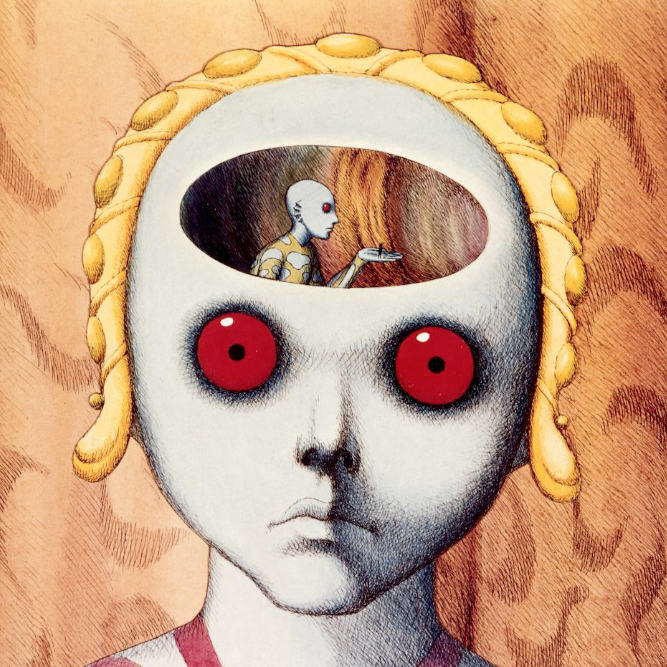This is a summary of the Future for Local Government report - He piki tūranga, he piki kōtuku.
Recommendations that stood out to me were reducing the voting age for local elections to 16, implementing ranked voting (STV), and increasing the term limits to four years.
Also, not mentioned in RNZ’s summary is the recommendation that the number of local councils is reduced from 80 to about 15.


I think simply checking all candidates you support would achieve the ends we want. It’s super simple to understand, it doesn’t bias the listing order like STV does (people are likely to rank candidates in order of appearance), it’s easier to explain the counting and counting can be done manually without a fuss without performing complex algorithms.
Just count the ticks. The person with the most ticks wins. Simple as that. In the case of party votes they get seats according to the number of ticks they got.
Candidates are ordered randomly to try to prevent to bias of selecting the candidates at the top.
I’m not sure your system works. If like 3 parties, I get 3 votes. If you only like 1 party, you get 1 vote? Why can’t I assign my three votes to the one party Iike? It seems like some people get more votes than others, which most people would say isn’t fair.
I understand that but humans will always bias from top to bottom when ranking and whoever gets the lucky draw to be near the top will get a higher ranking.
yes. All candidates (or parties) are listed. You check as many as you want. If you are indifferent you can check none or all. At the end of the day all the checkmarks are counted and whoever gets the most wins. In the case of party votes all votes for all parties are tallied and their seats are apportioned accordingly.
No everybody gets the same number of votes. You can use all or none or some of your votes. Just tick the candidates you like. Tick all the ones you like. Don’t tick the ones you don’t like. Super simple.
Print them randomly per voting paper. Not as hard as it sounds in this day and age.
There is no way this would be accepted by the general public.
No I think that would be very hard even in this day and age. It’s not like these are printed on a printer or anything, they come off of a printing press.
Why not?
Because you are giving a side a bigger share of seats if they have more parties.
Your system is called Approval voting and is generally only used for voting individual candidates, not for parties under an MMP like system because of hte potential for abuse.
You think it’s a fair system because everyone gets to vote for whoever they like. This is a nice theory. However, here’s what happens:
One party (say, Labour) registers 100 new parties and lists their candidates across them, asking Labout voters to vote for all of their subsidiary parties. Suddenly Labour voters get 100 votes, and National voters get 1. National might be the preferred government for 60% of NZ, but their 60% support only gets them 1.5% of the seats.
But of course National sees what’s happening and they register 1,000 parties! Now it swings back the other way, voting ballots have 20 pages to list all the parties. and everyone stops bothering with voting.
Only if they get the votes.
it would work even better for parties.
Are you talking about candidates? The candidate with the most votes would win. Only one candidate would win.
Or they just vote for the parties they want.
I am not, and I’m not sure how you got that impression.
It would not, because of the abuse I outlined in my previous reply
I got that impression because you used the word candidate.
You outlined a scenario where there would be an infinite number of seats in the parliament. It’s a set number and seats are divided according to votes.
The sheets are already ordered randomly when printed - you’re arguing about t something that’s already solved
(or so I’m told! I haven’t actually compared yep voting ballots beside each other, but I understand this is already the status quo)
Personally, I’m opposed to the idea of ticking someone I only kind of like that’s in a major party, likely to get many votes - I like that with STV, the ranking is very clear
Edit: Replied to wrong comment…